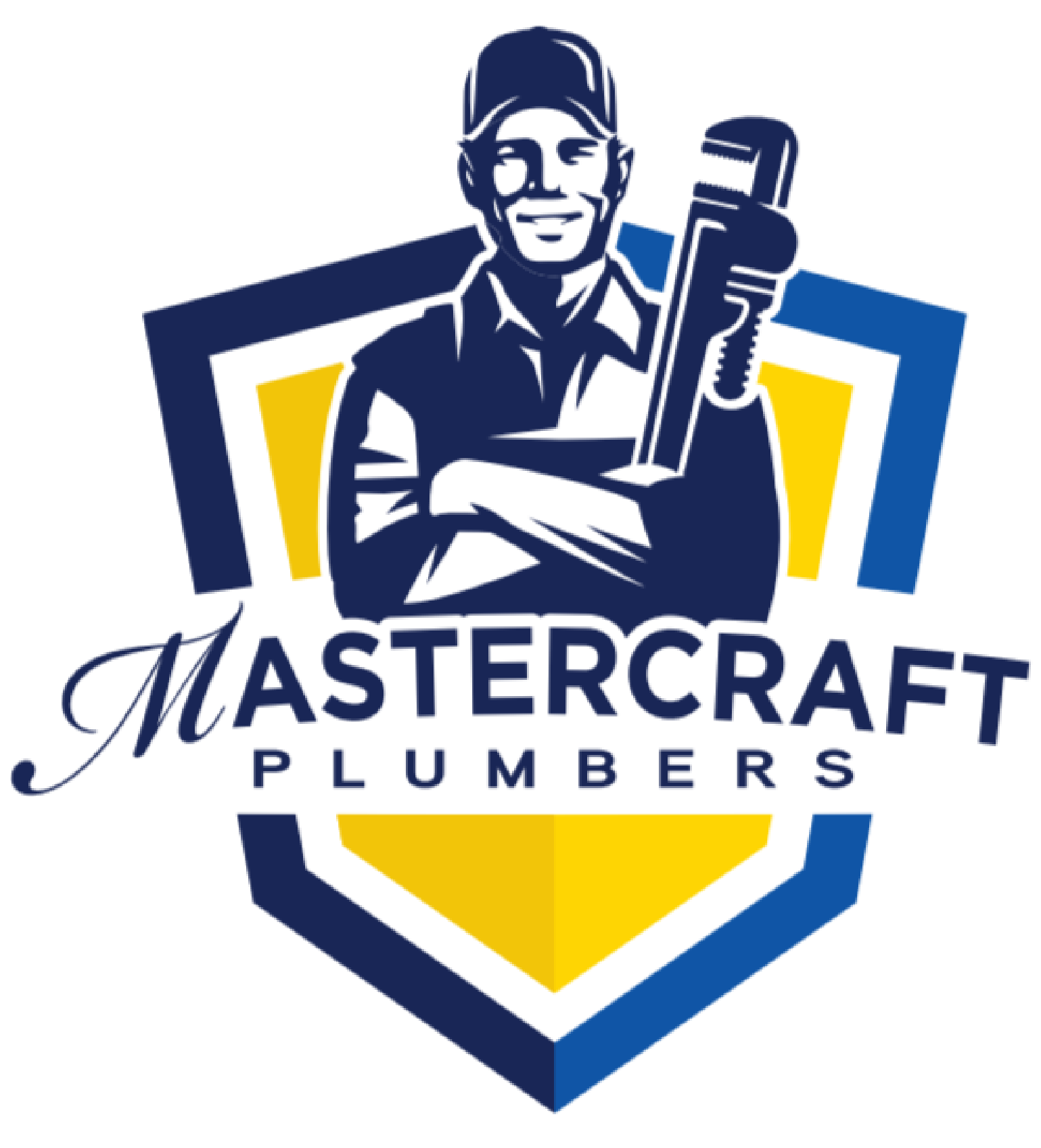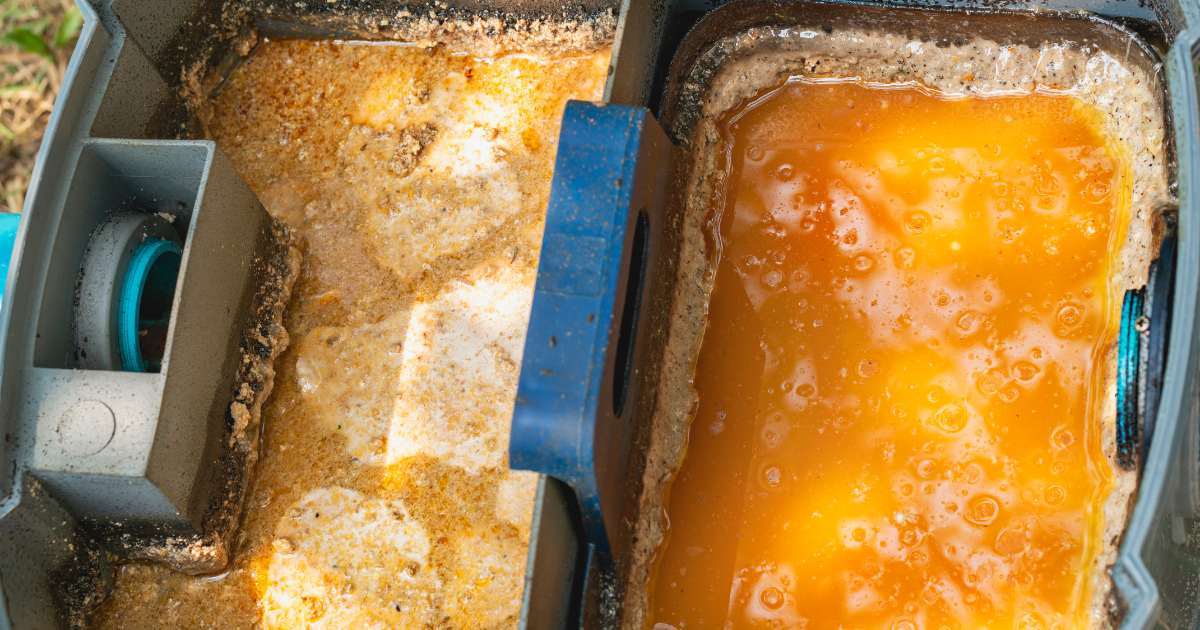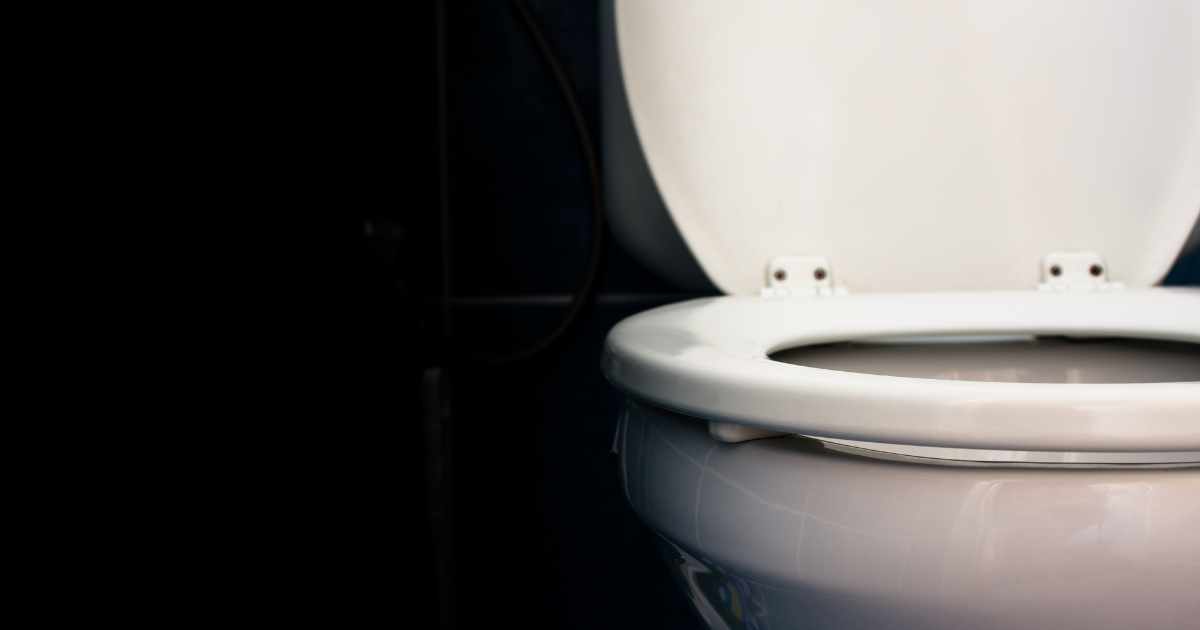Get in touch
chandler.n@mhiplumbers.com
(760) 640-0337
The Local’s #1 Choice for Plumbing Services | Call or text us today (760) 640-0337 | BECOME A VIP MEMBER
The Impact of Hard Water on Your Plumbing and How to Combat It
If you live in San Diego or other parts of Southern California, you may have heard about hard water, but do you know how it can affect your plumbing system? Hard water is a common issue that can damage pipes, reduce the efficiency of appliances, and even affect water quality. Understanding how hard water impacts your home and the solutions available to combat it can help you avoid costly repairs and improve the longevity of your plumbing system.
What is Hard Water?
Hard water contains high levels of dissolved minerals, primarily calcium and magnesium. While hard water isn’t harmful to your health, it can wreak havoc on your plumbing system and household appliances over time. The minerals in hard water leave behind deposits, commonly called “scale,” which can build up inside pipes, fixtures, and appliances.
Hard water is especially common in areas like San Diego due to the region's mineral-rich groundwater supply. These minerals are naturally picked up as water flows through rocks and soil before reaching your home.
How Hard Water Affects Your Plumbing
The effects of hard water may not be immediately noticeable, but over time, the buildup of minerals can cause various plumbing problems. Here’s how hard water can impact your home:
1. Pipe Clogs and Reduced Water Flow
As hard water passes through your pipes, minerals accumulate along the inner walls, creating scale buildup. Over time, this reduces the diameter of the pipes, which can restrict water flow and lead to clogs. In severe cases, the scale buildup can block the water flow entirely, resulting in expensive repairs.
2. Shortened Appliance Lifespan
Hard water is particularly hard on household appliances that rely on water, such as dishwashers, washing machines, and water heaters. The minerals in hard water can build up on the internal components of these appliances, reducing their efficiency and shortening their lifespan.
For example, scale buildup can insulate the heating element in a water heater, causing it to work harder to heat the water. This increases energy consumption and can eventually lead to a breakdown. Appliances that use hot water are especially vulnerable to hard water damage, as heat accelerates the formation of mineral deposits.
3. Faucet and Fixture Damage
Hard water leaves visible mineral deposits on faucets, showerheads, and other fixtures behind. Over time, these deposits can cause unsightly stains, reduce water flow, and damage the internal parts of your fixtures, leading to leaks or malfunction.
4. Soap Scum and Reduced Cleaning Efficiency
In addition to affecting your plumbing and appliances, hard water makes it more difficult to clean. When hard water mixes with soap, it creates soap scum, which can accumulate on your skin, hair, dishes, and bathroom surfaces. This reduces the effectiveness of cleaning products and requires more effort to achieve the same results.
How to Combat Hard Water
Fortunately, there are several effective solutions for combating hard water and minimizing its impact on your plumbing and appliances. Here are some of the most popular options:
1. Water Softeners
The most common solution for hard water is installing a water softener. Water softeners remove the calcium and magnesium ions that cause hardness and replace them with sodium or potassium ions. This process, called ion exchange, effectively softens the water before it enters your home’s plumbing system.
Benefits of Water Softeners:
- Extends the lifespan of your pipes and appliances by preventing scale buildup.
- Improves water flow and pressure by keeping pipes free of mineral deposits.
- Reduces the amount of soap and detergent needed for cleaning.
- Prevents soap scum and leaves your skin and hair feeling cleaner and softer after washing.
Water softeners are typically installed near the main water supply line, treating all water entering your home.
2. Descaling Systems
A descaling system, also known as a water conditioner, is another option for homeowners who want to address hard water without using salt or chemicals. Unlike water softeners, descaling systems do not remove the minerals from the water. Instead, they alter the structure of the mineral particles to prevent them from sticking to surfaces inside your pipes and appliances.
Benefits of Descaling Systems:
- Requires less maintenance compared to water softeners.
- Does not add sodium to your water, making it a good choice for those on low-sodium diets.
- Helps prevent scale buildup without the need for chemicals.
While descaling systems effectively reduce the harmful effects of hard water, they may not be as thorough as water softeners in preventing scale buildup in extremely hard water conditions.
3. Regular Maintenance
If you live in a hard water area but do not have a water softener or descaler, it’s important to maintain your plumbing and appliances regularly to minimize damage. Here are some tips:
- Flush your water heater: Draining your water heater every 6-12 months can help remove any sediment and mineral deposits that may have built up inside the tank.
- Clean faucet aerators and showerheads: Soak faucets and showerheads in vinegar to dissolve mineral deposits and restore water flow.
- Use vinegar or a descaling solution: Periodically run a cycle of vinegar or a commercial descaling solution through your dishwasher, washing machine, and coffee maker to remove scale buildup.
Conclusion
Hard water is a common issue in San Diego and can cause significant damage to plumbing and appliances over time. Fortunately, effective solutions are available to combat hard water, from water softeners to descaling systems. By taking proactive steps to manage hard water, you can extend the lifespan of your plumbing system, reduce energy usage, and improve the efficiency of your household appliances.
If you’re concerned about the impact of hard water in your home, consider consulting with a professional plumber like
Mastercraft Plumbers to assess your situation and recommend the best solution. Investing in the right water treatment system can save you time, money, and frustration in the long run.

Locations
2227 Faraday Ave., Suite C
Carlsbad, CA 92008
26023 Jefferson Ave., Suite F
Murrieta, CA 92562

